This post is the first in a four part symposium on the Cuban Missile Crisis, one of the the most studied cases of IR. With the release of documents in recent decades, historical revisions have challenged the received wisdom informed by mainstream...
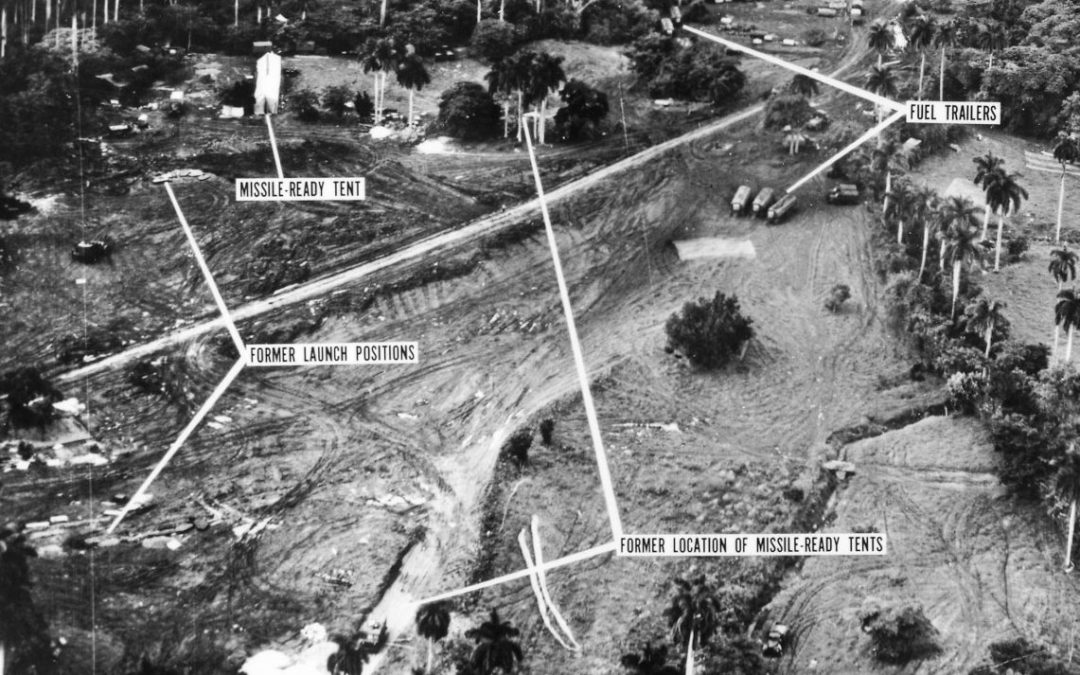

This post is the first in a four part symposium on the Cuban Missile Crisis, one of the the most studied cases of IR. With the release of documents in recent decades, historical revisions have challenged the received wisdom informed by mainstream...
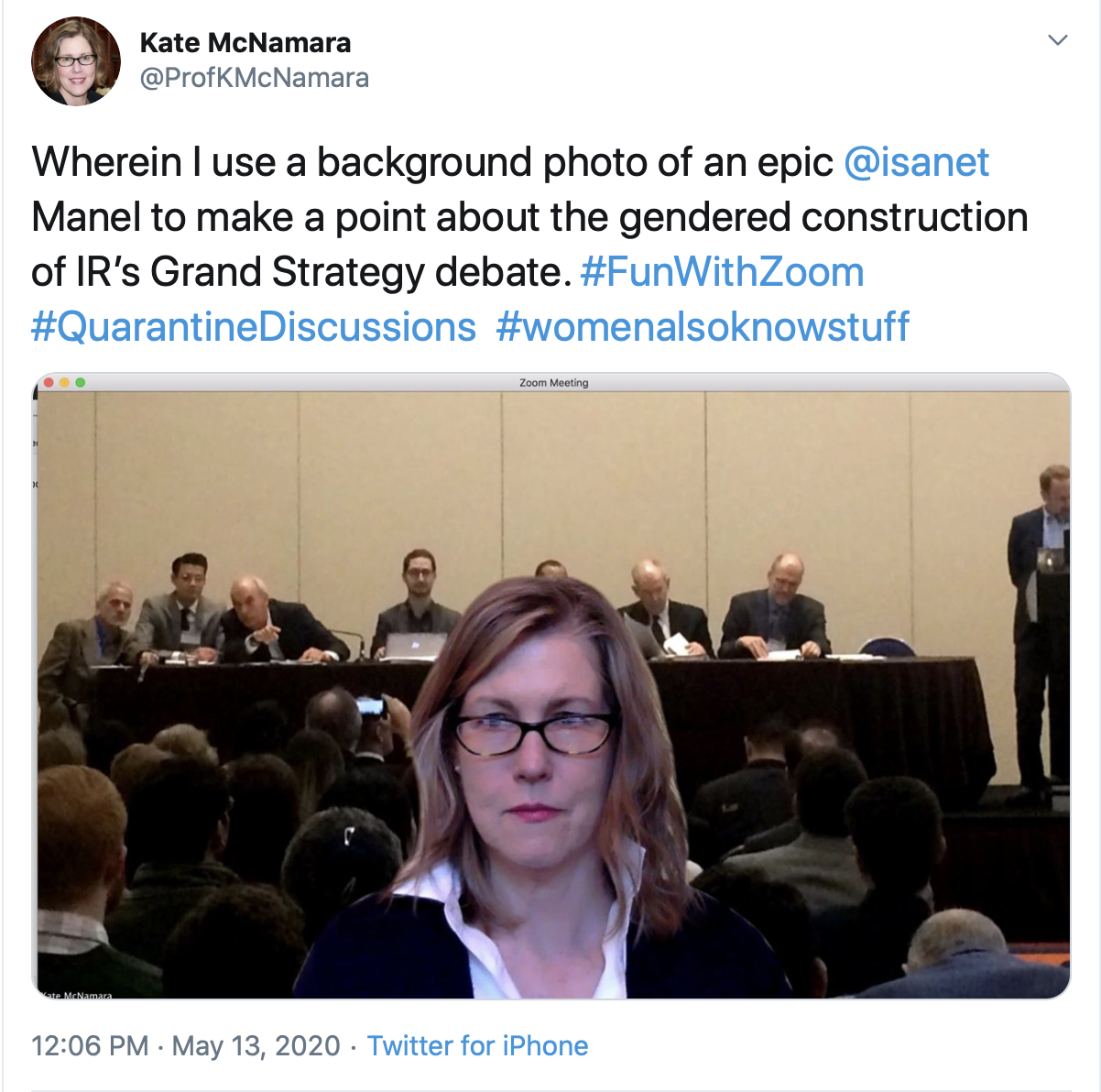
Mentoring starts with how we ourselves act and move through our shared academic world. The more that each of us, particularly those in positions of relative power, can be honest and open about our own diverse identities, the more space we create for others to do the same.

Recent events make it clear: whether loved or loathed, government policies are central to our lives. That’s why public policy schools are devoted to understanding the causes, design,...

What was it like to have Kate McNamara a mentor?

That one can pose a rational model that predicts preventive war does not make it the right model or necessarily do justice to the facts of the case.

Editor's Note: This is a guest post by Alexandre Debs and Nuno P. Monteiro, both of Yale University. In it, they discuss the causes of the Iraq War, a subject of some recent discussion at The Duck of Minerva. This post discusses their forthcoming International Organization article, which is now available as an "online first" piece and will be free to download for the next two weeks. Tomorrow we will run a response by David Lake [now available here]. In a forthcoming article in International Organization, “Known Unknowns: Power Shifts, Uncertainty, and War,” we introduce a...
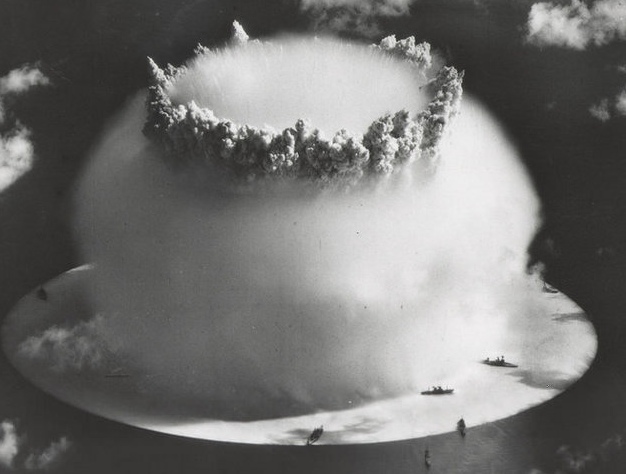
Editor's Note: Back in February I riffed on a post by Erik Voeten in which Erik discussed two articles in International Organization (IO). One, by our colleague Matt Kroenig, argued that nuclear superiority gives states advantages in crisis bargaining (PDF). Another, by Todd Sechser and Matthew Fuhrmann, rejects this claim (PDF). After the two posts sparked some interesting discussion--both on- and offline--I approached all three about doing a mini-symposium at the Duck of Minerva. They agreed. Kroenig kicked us off with objections to Sechser and Fuhrmann, and soon...
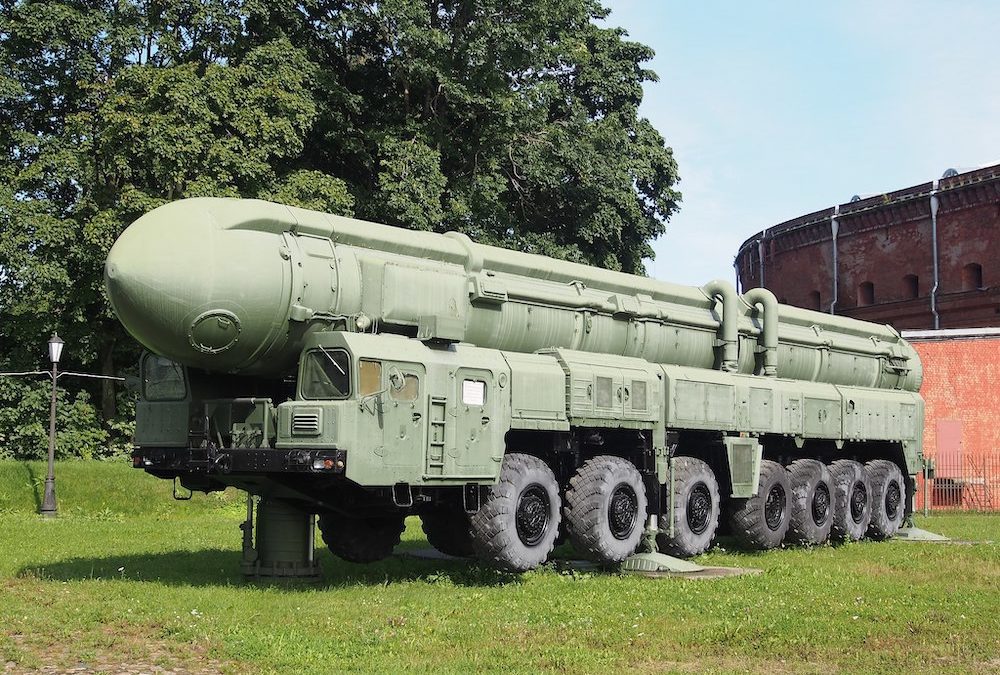
Nuclear weapons may be useful for deterrence, but can they also coerce? Our theories reach opposite conclusions: we say no; Kroenig says yes. Both sides marshal evidence to support their arguments. So who is right? Our goal in this post is to evaluate Kroenig’s empirical results and respond to his critique of our article.

Todd Sechser and Matthew Fuhrmann argue that possessing nuclear weapons confers few benefits for coercive diplomacy.

Matt Kroenig argues that states should strive for nuclear superiority as it confers strategic advantages.
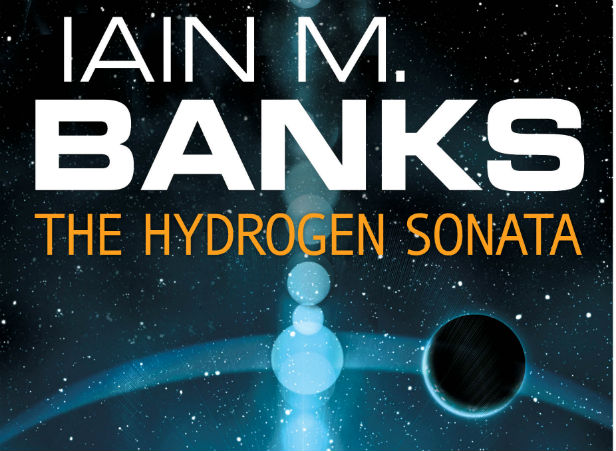
This post exists to collect all the links from our Forum on Iain M. Banks' The Hydrogen Sonata into one coherent place: Chris Brown: A Triumphant Return to Form | Gerard van der Ree: Learning from Utopia | Iver B. Neumann: Religion and the Sublime | Patrick Thaddeus Jackson: Actors on the Sci-Fi Stage | Dan Nexon: To Sim, Perchance to Dream | and Iain M. Banks' reply Let me also admit just how geeked I am to have been able to put this whole thing together. Banks is perhaps my favorite currently-working sci-fi author, and it has been a...

Iain M. Banks reacts to the symposium on his book, The Hydrogen Sonata.